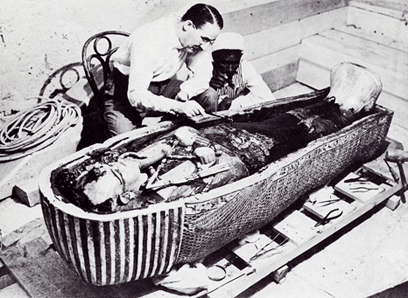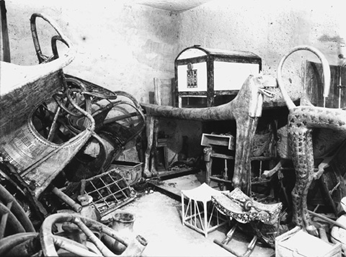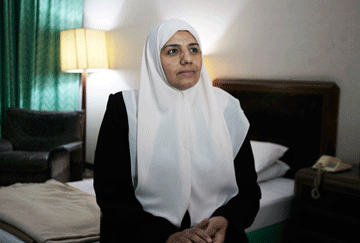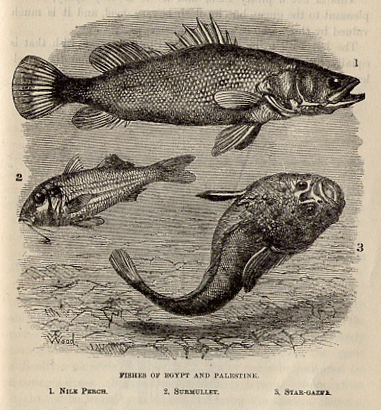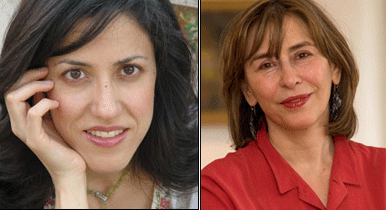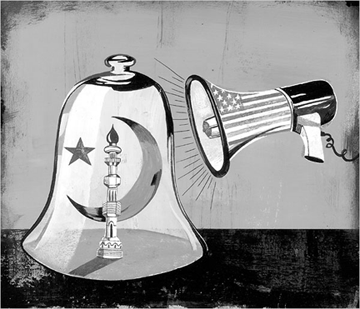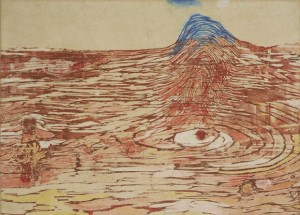
INTERFLOW
organized by
The Museum for African Art
Thursday Feb 19th, 2009
5-7pm on the 15th Floor of Ogilvy New York
Worldwide Plaza 309 West 49th St.
RSVP to ogilvyrsvp@gmail.com
Interflow presents recent painting and mixed media works on paper by New York-based artist Emna Zghal. Color and line continually search for boundaries they never find. Forms emerge to take on shapes that feel simultaneously familiar and foreign. Though the canvas fights to act as a boundary, poetic lines overflow into infinite space. Each mark acts in unison with the next to challenge the seemingly simple nature of line itself. Emna Zghal’s artwork elicits a never-ending network of nerves pulsing with colorful abstractions and an energy that suggests organic patterns in a continual search for form. Continue reading Interflow: The Art of Emna Zghal
